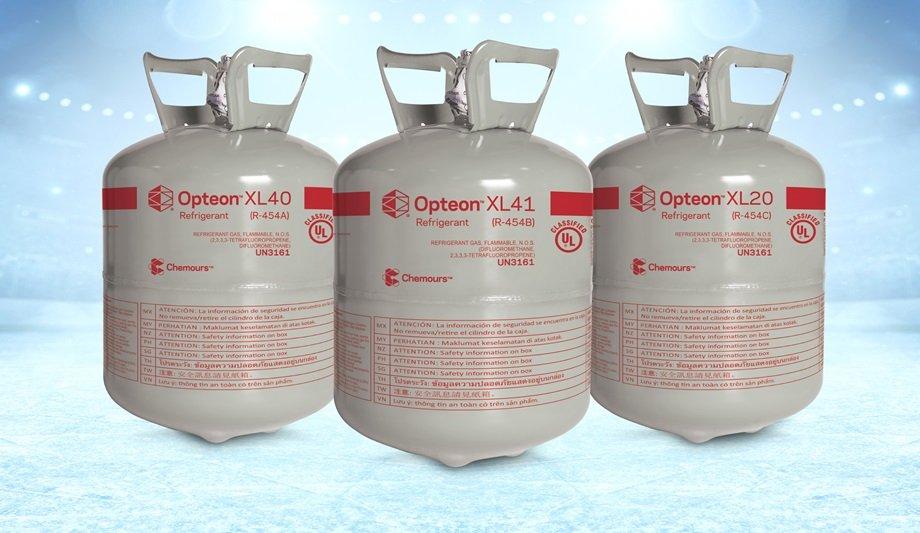
The topic of refrigerant is a popular one, and this is because anyone with a heat pump, air conditioner, geothermal, etc, should be aware of the refrigerant changes coming in 2025. With the new year comes big changes, once again, to the refrigerant regulations. Starting January 1st, 2025, all manufacturer’s must use a new refrigerant. This is to reduce the use of hydrofluorocarbons (HFCs) and greenhouse gas emissions, and to improve energy efficiency. In an attempt to reduce the impact of climate change and ozone depletion, refrigerants like R-410A will be replaced with more sustainable options like R-454B and R-32.
What Does This Mean for Homeowners?
Any common household with any type of HVAC system likely uses R-410A refrigerant to regulate their home’s temperatures. So this change affects nearly everyone. Any and all existing systems with the old refrigerants will not be compatible with the new refrigerants. Luckily, R-410A units can still be serviced and maintained normally. This means that refrigerant “top offs” are still doable, at least for the foreseeable future. Anyone in the market for a new system completely, will get a unit that uses the new refrigerant by default.
Will R-454B Be More Expensive?
Due to the new technology required to produce a more environmentally-friendly refrigerant, the cost to do so will follow suit. R-454B has a more costly manufacturing process, and therefore the price for the consumer will increase as well. That also means that the price for a new HVAC system in 2025 will be more, just in refrigerant costs alone.
How to Save On Costs
The 2025 refrigerant changes should be no cause for alarm, but it should, at the very least, get you to consider a better maintenance routine for your HVAC unit. That is, if you haven’t already got one in place. Anything you can do, as a homeowner, to keep your system in the healthiest shape possible, will save you money in the long run. An HVAC professional, like the ones at Poormans, can spot issues before they arise, including costly repairs like refrigerant leaks.
Our partner, Trane, goes over anything else you may need to know regarding the refrigerant changeout. Click here for Trane’s article. As always, put your trust in an HVAC company with a reputable business for all your repair and replace needs.
